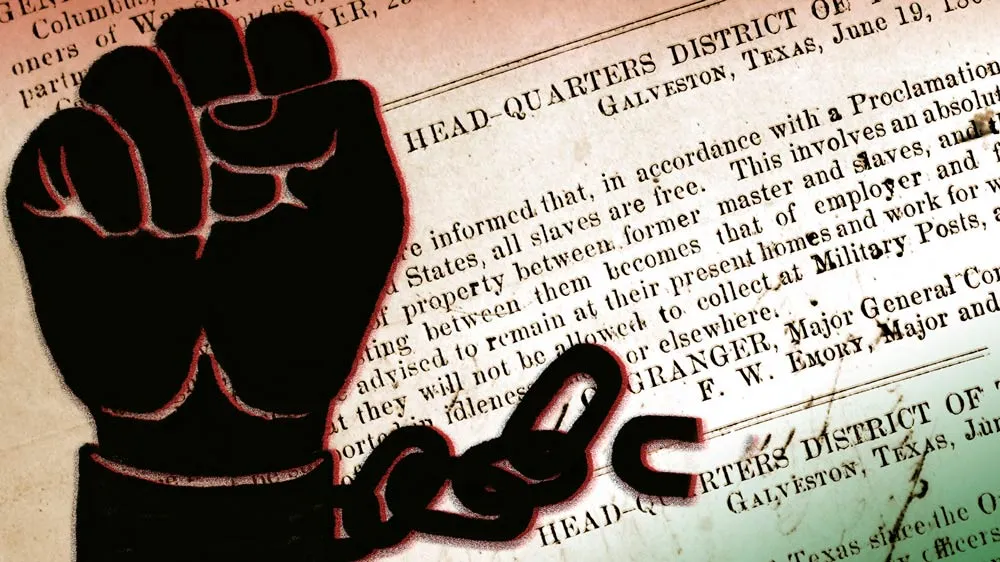June 27, 2015
Crazy Lesbians at Frameline 39
Kilian Melloy READ TIME: 4 MIN.
Week Two of Frameline's smorgasbord of LGBTQ films spotlights the imperative to go mad if you want to find some meaning in life. Abnormal, non-conformist, artistic, visionary, ecstatic, mystic women are routinely burnt, stoned, jailed, and committed, because being lesbian, gay, bisexual, transgender or queer is by definition crazy under misogynist monotheist patriarchy. Fortunately, here in San Francisco we do things differently, a fact you can celebrate at the Roxie, Castro, and Victoria Theatres.
Welcome to This House, a film about Elizabeth Bishop (Roxie, 6/25), the first in this week's trifecta of documentaries about lesbian artists, is exquisitely hallucinogenic. Mentored by established weirdo-poet Marianne Moore, Elizabeth Bishop had lost her mother to a madhouse as a child. She described her existential crisis, age seven: "I felt, you are an I. You are an Elizabeth. You are one of them. Why should you be one too? I scarcely dared to look, to see what it was I was." Luminous dyke director and psychotropic editrix Barbara Hammer's film shimmers with voices, flowers, willfulness, love, mystery, emotion, and buzzes with flies, alcohol, betrayal, work, despair, and transmutation. Photographs, poems read by Kathleen Chalfant, and choice talking-heads follow Bishop from the all-girl Camp Chequesset to Vassar College, Key West, Brazil, Harvard, through old age, new love, retreat, honors, and death, to cult status.
Fresno (Castro, 6/26), an inspired black comedy about a death-on-wheels hotel-maid service, disastrously arrests itself mid-climax to devolve into a lackluster paean to a smug, self-policing status quo. The twist is, straight sister Shannon (Jane Greer) is the high-spirited sexual transgressor and lesbian sister Martha (Natasha Lyonne) the self-limiting rule-follower. The two actresses start neck-and-neck, but Greer pulls away at the three-quarters mark, digging deep into her character's outlandish contradictions and insatiable appetites to become a transcendent icon of transgression for its own sake. Director Jamie Babbit gets sizzling results from a top-drawer cast of comic actors until the exhilarating ride screeches to a halt, U-turns, and backtracks into soul-crushing normalcy.
Feelings Are Facts: The Life of Yvonne Rainer (Castro, 6/27) is the second of three documentaries on lesbian artists, about an innovative dancer/choreographer who came out late in life. Rainer was in the right place at the right time: Judson Church on Washington Square in Manhattan in the early 60s, where a cross-discipline, postmodern, iconoclast's collective reconfigured American avant-garde music, dance, and painting for the Cold War. Rainer single-mindedly set out to strip dance of entertainment value and charm, largely succeeding. Director Jack Walsh intercuts monotonous talking-head Rainer with sound bites from friends and contemporaries, plus archival footage of solos and more recent restagings of her choreography. We're given hints of her personal life. Non-initiates to the rarified world of contemporary dance might find this somewhat impenetrable.
Stories of Our Lives (Castro, 6/27) is required viewing if only because Kenya's film classification board claims it "promotes homosexuality, which is contrary to our national norms and values." Director Jim Chuchu has devised a stunning filmic language of crisp black-and-white images that refresh viewers' jaded palettes, even as the stark realities and rich subjectivities of gay Kenyan characters sear themselves into our psyches. Five vignettes carefully crafted from a collective's field research depict lesbians, gays, and the people who fail them. Characters experience loss of sexual innocence, terror of homophobic violence, frustration with a straight love object, passion with a white rent boy, and a lesbian's crazy dreams of a more sympathetic universe. Stories is a manifesto from the heart and loins, a declaration of first principals that doesn't preach, and merits the widest possible audience.
Packed in a Trunk: The Lost Art of Edith Wilkinson (Victoria, 6/27), the week's third and final dyke-artist hommage, documents the rehabilitation of a painter from the Provincetown Artists Colony, circa 1914. Director Michele Boyaner films Wilkinson's great-niece Jane Anderson and spouse Tess Ayers as they worry the riddle of Wilkinson's 1924 fall from grace, when she was committed to a sanitarium at the peak of her artistic powers. In the absence of hard answers, they consult a psychic, who channels on-camera: Edith fell in love with a beautiful young woman and her live-in ladyfriend wrecked her world. Having lost both parents in 1922, the vulnerable eccentric was suddenly at the mercy of a lawyer who helped himself to her inheritance. The upside to this cautionary tale is the well-publicized return of Edith's artwork to Provincetown, where she's given a hero's welcome.
Bare (Castro, 6/28) is that unsettling thing, a portrait of dystopic Americana. How very adult of Frameline to choose this demoralizing panorama of small-town options as its kiss-off, closing-night film, sending us out into the night slightly woozy on America's diminishing returns. The dynamic Brazilian-American duo of writer-director Natalia Leite and producer-performer Alexandra Roxo posted their compelling background research for the film, Life as a Truck-Stop Stripper, on Vice.com. The fictional narrative Bare follows Sarah, a superstore cashier, as she leaves her hunky redneck boyfriend for druggy drifter dyke Pepper. Sarah climbs into Pepper's baby-blue truck without noticing its cargo of peyote and bad debt, or the posse of ex-girlfriends waiting for them at the end of their road trip. Turns out, there are options for a cute blonde bisexual.
Kilian Melloy serves as EDGE Media Network's Associate Arts Editor and Staff Contributor. His professional memberships include the National Lesbian & Gay Journalists Association, the Boston Online Film Critics Association, The Gay and Lesbian Entertainment Critics Association, and the Boston Theater Critics Association's Elliot Norton Awards Committee.




